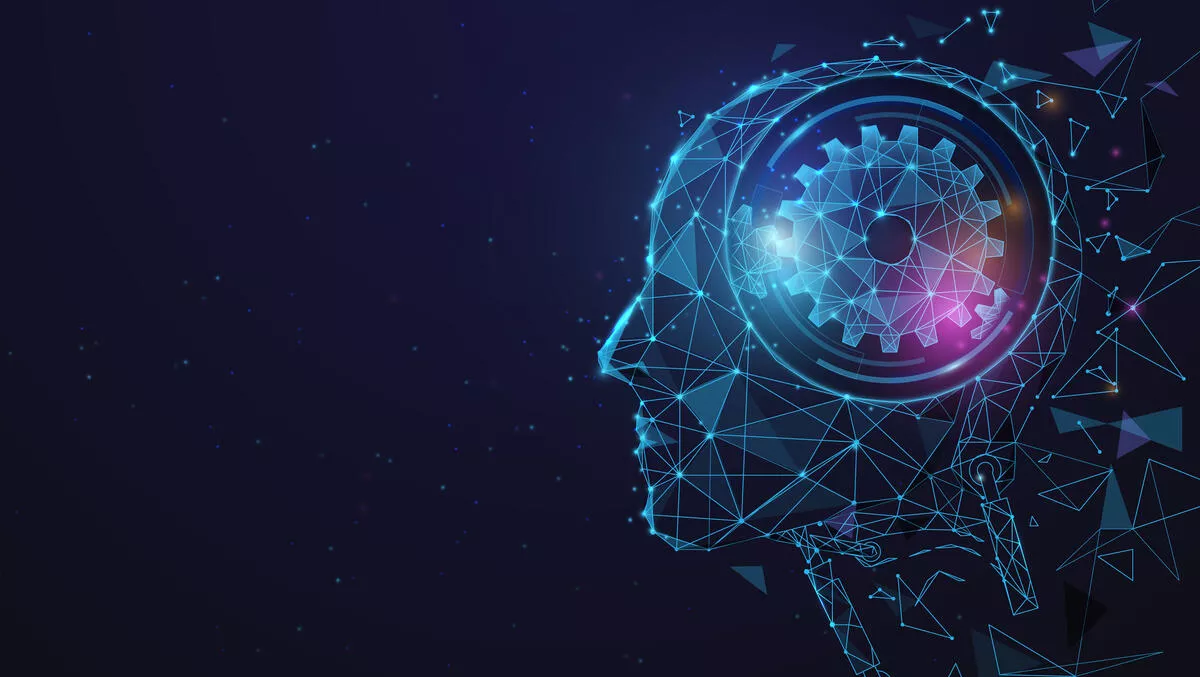
UNESCO submits draft recommendations for ethical usage of AI
UNESCO, the United Nation's educational, scientific and cultural arm, has announced a new 'template' for the ethical development and deployment of AI.
Representatives from the body's member states have agreed on the draft text, UNESCO says, which includes a framework to 'ensure that digital transformations promote human rights and contribute to the achievement of the Sustainable Development Goals'.
It comes in time for UNESCO's General Conference in November, when the recommendations of the framework will be submitted to all member states for adoption.
Debate on the framework and recommendations at the UN body came about due to concerns over transparency, accountability, and privacy regarding AI. The recommendations contain action-oriented policy chapters on data governance, education, culture, healthcare and the economy and provide governments and policymakers with a framework for regulating AI.
"Once adopted, leaders everywhere will have a shared reference point on how to control the risks and harness these new technologies as a force for good," says UNESCO director-general Audrey Azoulay.
"AI has the potential to radically reduce inequalities, promote diversity, and benefit humanity as a whole.
AI has tremendous potential, UNESCO says — both in contributing towards social and economic development but also in inflaming problematic and complex challenges. The emerging technology raises 'significant concerns' over bias, stereotyping, and discrimination.
UNESCO's framework was designed to combat these challenges in a way that 'ensures fair outcomes' — amid the rapid growth of AI's role in analysis and decision-making in both the public and private spheres.
"The Recommendation on the Ethics of Artificial Intelligence will be a blueprint for global consensus on the 'what,' as well as the 'how' of ethical regulation of this game-changing technology," says UNESCO assistant director-general for social and human sciences Gabriela Ramos.
"UNESCO stands ready to assist governments and other stakeholders in developing their capacities to address the challenges, including through the ethical impact assessment."
The capacity for AI to perpetuate bias was explicitly addressed in UNESCO's recommendation, which includes aims to ensure that real-world biases are not replicated online. If the recommendations are adopted in November, UNESCO will have a mandate to analyse each member state's level of advancement in the field of AI, after which the body can assist them in the implementation phase.
24 leading experts from across the globe contributed to the text, UNESCO says, which ensured the recommendation's broad, comprehensive, and diverse scope. It was developed through a global consultation process, which built in a diversity of voices from different stakeholder groups worldwide.

